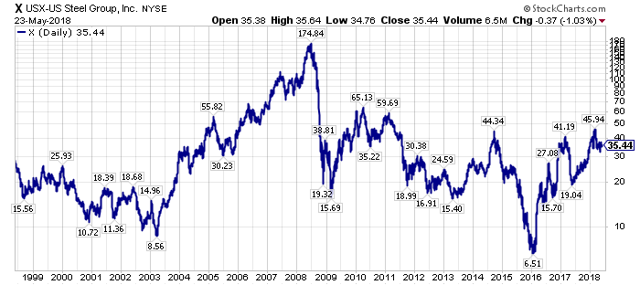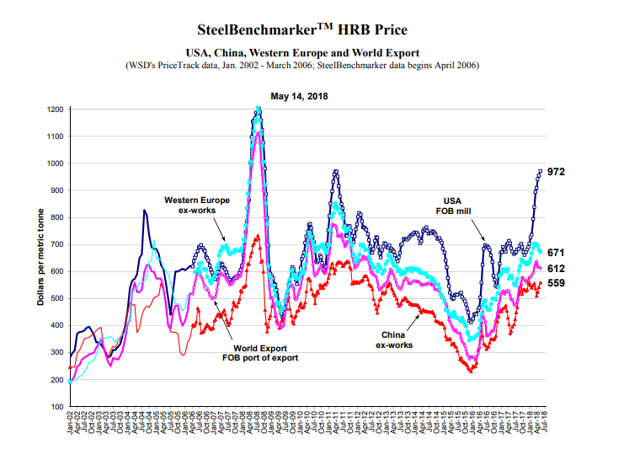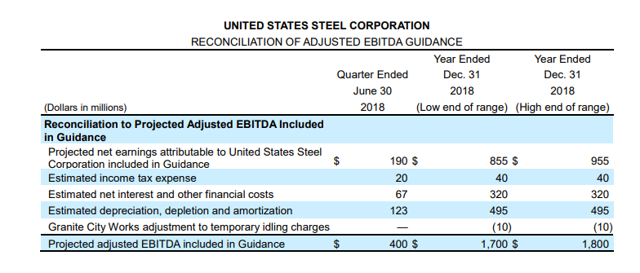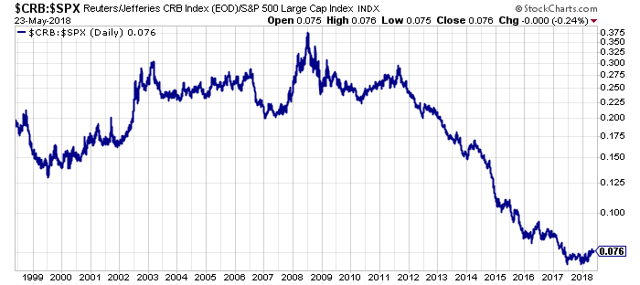-logo.jpg) Envestnet Asset Management Inc. cut its stake in shares of Weibo (NASDAQ:WB) by 33.2% during the first quarter, according to its most recent disclosure with the Securities & Exchange Commission. The firm owned 32,901 shares of the information services provider’s stock after selling 16,357 shares during the period. Envestnet Asset Management Inc.’s holdings in Weibo were worth $3,927,000 at the end of the most recent quarter.
Envestnet Asset Management Inc. cut its stake in shares of Weibo (NASDAQ:WB) by 33.2% during the first quarter, according to its most recent disclosure with the Securities & Exchange Commission. The firm owned 32,901 shares of the information services provider’s stock after selling 16,357 shares during the period. Envestnet Asset Management Inc.’s holdings in Weibo were worth $3,927,000 at the end of the most recent quarter.
Other institutional investors also recently made changes to their positions in the company. Korea Investment CORP raised its position in Weibo by 30.8% during the first quarter. Korea Investment CORP now owns 6,800 shares of the information services provider’s stock valued at $813,000 after buying an additional 1,600 shares during the period. Penserra Capital Management LLC raised its position in Weibo by 171.8% during the first quarter. Penserra Capital Management LLC now owns 175,216 shares of the information services provider’s stock valued at $20,945,000 after buying an additional 110,749 shares during the period. US Bancorp DE raised its position in Weibo by 7.3% during the first quarter. US Bancorp DE now owns 65,384 shares of the information services provider’s stock valued at $7,816,000 after buying an additional 4,437 shares during the period. State of New Jersey Common Pension Fund D raised its position in Weibo by 133.2% during the first quarter. State of New Jersey Common Pension Fund D now owns 34,313 shares of the information services provider’s stock valued at $4,102,000 after buying an additional 19,600 shares during the period. Finally, Neuberger Berman Group LLC raised its position in Weibo by 172.4% during the first quarter. Neuberger Berman Group LLC now owns 55,047 shares of the information services provider’s stock valued at $6,581,000 after buying an additional 34,840 shares during the period. 23.87% of the stock is currently owned by institutional investors.
Get Weibo alerts:WB has been the topic of several recent analyst reports. BidaskClub raised Weibo from a “buy” rating to a “strong-buy” rating in a research report on Friday, May 4th. Zacks Investment Research downgraded Weibo from a “buy” rating to a “hold” rating in a research note on Saturday, February 17th. Benchmark boosted their target price on Weibo from $110.00 to $148.00 and gave the company a “buy” rating in a research note on Wednesday, February 14th. Finally, ValuEngine upgraded Weibo from a “hold” rating to a “buy” rating in a research note on Thursday, March 1st. One investment analyst has rated the stock with a hold rating and ten have issued a buy rating to the stock. The company has a consensus rating of “Buy” and a consensus price target of $134.67.
Shares of NASDAQ WB opened at $102.57 on Friday. The company has a current ratio of 3.99, a quick ratio of 3.99 and a debt-to-equity ratio of 0.66. Weibo has a one year low of $65.65 and a one year high of $142.12. The stock has a market capitalization of $22.89 billion, a price-to-earnings ratio of 65.75 and a beta of 2.61.
Weibo (NASDAQ:WB) last issued its earnings results on Wednesday, May 9th. The information services provider reported $0.50 EPS for the quarter, beating analysts’ consensus estimates of $0.42 by $0.08. Weibo had a return on equity of 36.15% and a net margin of 31.12%. The firm had revenue of $319.90 million for the quarter, compared to the consensus estimate of $343.91 million. During the same quarter in the previous year, the company posted $0.26 earnings per share. The business’s quarterly revenue was up 60.6% compared to the same quarter last year. equities research analysts anticipate that Weibo will post 2.72 EPS for the current fiscal year.
Weibo Profile
Weibo Corporation, through its subsidiaries, operates as a social media platform for people to create, distribute, and discover Chinese-language content. It operates through two segments, Advertising and Marketing Services, and Value-Added Services. The company offers self-expression products that enable its users to express themselves on its platform; social products to promote social interaction between users on its platform; and discovery products to help users discover content on its platform.

 (Source: SteelBenchmarker)
(Source: SteelBenchmarker) (Source: U.S. Steel's Q1 Earnings Release)
(Source: U.S. Steel's Q1 Earnings Release) (Source: Yahoo Finance with WTK's annotations)
(Source: Yahoo Finance with WTK's annotations) (Source: WTK, StockCharts)
(Source: WTK, StockCharts) Napco Security Technologies, Inc. (NASDAQ:NSSC) hit a new 52-week high and low during trading on Tuesday . The company traded as low as $12.28 and last traded at $12.00, with a volume of 1091 shares traded. The stock had previously closed at $12.15.
Napco Security Technologies, Inc. (NASDAQ:NSSC) hit a new 52-week high and low during trading on Tuesday . The company traded as low as $12.28 and last traded at $12.00, with a volume of 1091 shares traded. The stock had previously closed at $12.15.